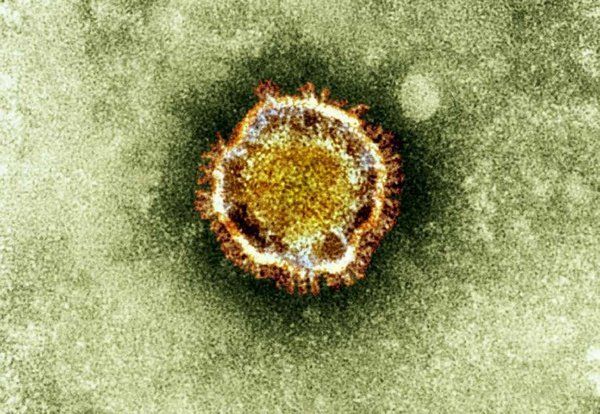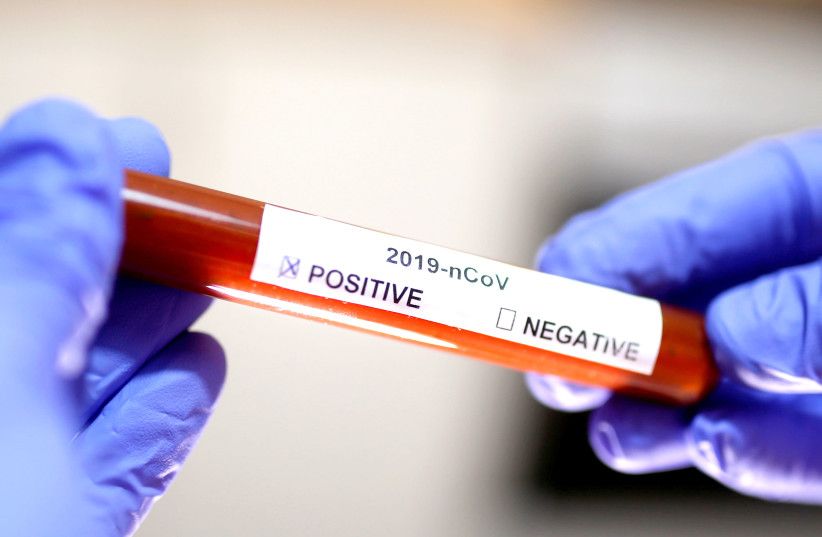Imagine the following scenario. You are a doctor working in a hospital in a very large and relatively polluted city, normally subject to a high level of seasonal respiratory ailments. Moreover, your healthcare system is stretched because of budget cuts and the devolution policies of central government. As a medical doctor you also know that flu viruses routinely mutate and may even be transferred from animals to humans. Exactly how all this happens varies from year to year – as does the exact mortality rate, though the pattern of infection and mortality is relatively well understood. In all these cases, the vast majority of people remain uninfected, asymptomatic or subject to mild symptoms that pass within a week. However, if the number of those requiring intensive hospital-based treatment rises above a certain percentage, the healthcare system can be quickly challenged. At that point, the doctor may panic, and armed with social media, he can now spread his concern around the world. But is the sheer appearance of a new virus strain the overriding cause?
The only part of this story that is really new is the availability of social media to spread news about any outbreak of such flu-like diseases. But one should not underestimate a general background awareness of overstretched public healthcare systems around the world, due partly to an ageing population but mainly due to the neoliberal policy horizon. Actions like the initial Chinese response to suppress the ‘whistleblower’ Li Wenliang have happened at the start of previous outbreaks – but now whistleblowers can communicate directly with the world. It is easy to forget that various new strains of flu are routinely reported in the media each year, with greater or lesser morbidity than earlier ones. Governments around the world normally monitor the situation in their own way, which means that the real figures have probably always been much higher than officially stated – both who catches the flu and who dies from it. Much depends on the motivation of the national health authorities to test specifically for the flu’s presence. After all, flu typically operates as a ‘nudge’ to worsen existing health conditions, and those conditions may be the primary medical focus.
We clearly don’t know everything we need to know about COVID-19. But the same applied to all the previous flu epidemics, which humanity has so far managed to survive. What is different now is the level of scrutiny and accountability of the response, mostly due to the recent information technology revolution, especially social media. This very basic socio-technical point has made it easier for the World Health Organization to designate COVID-19 a pandemic. The WHO’s insistence on mass testing (even if it doesn’t catch those who have recovered) also fits the same logic. What is striking so far about the global response are the efforts that societies have taken to reorganize themselves in order to protect those who are perceived as most vulnerable. It is quite unprecedented, especially in a world that is so otherwise imbued with capitalist values.
In the end, COVID-19 is the first virus to go properly ‘viral’, starting with Li Wenliang. That start has anchored the subsequent response. In particular, it has triggered a chain reaction that has exposed the different cultures of risk management around the world, as well as the varying conditions of national health care systems. Think of it as Nature’s brute audit on humanity’s sustainability. Indeed, that may be the virus’ main direct legacy – which means that public health care is bound to improve all round in the long run. However, if the lockdown continues long enough, the virus may end up questioning the modus operandi of contemporary capitalism in a way that long-standing complaints about inequality have failed to do. I expect that the vast majority of the population will manage to cope reasonably well during our period of ‘species captivity’, while consuming significantly less of the planet’s resources – that is, assuming that the increasing energy demands of online activities don’t first cause a short-circuit!
Continue reading “When a Virus Goes Viral -- Life with COVID-19” »

















